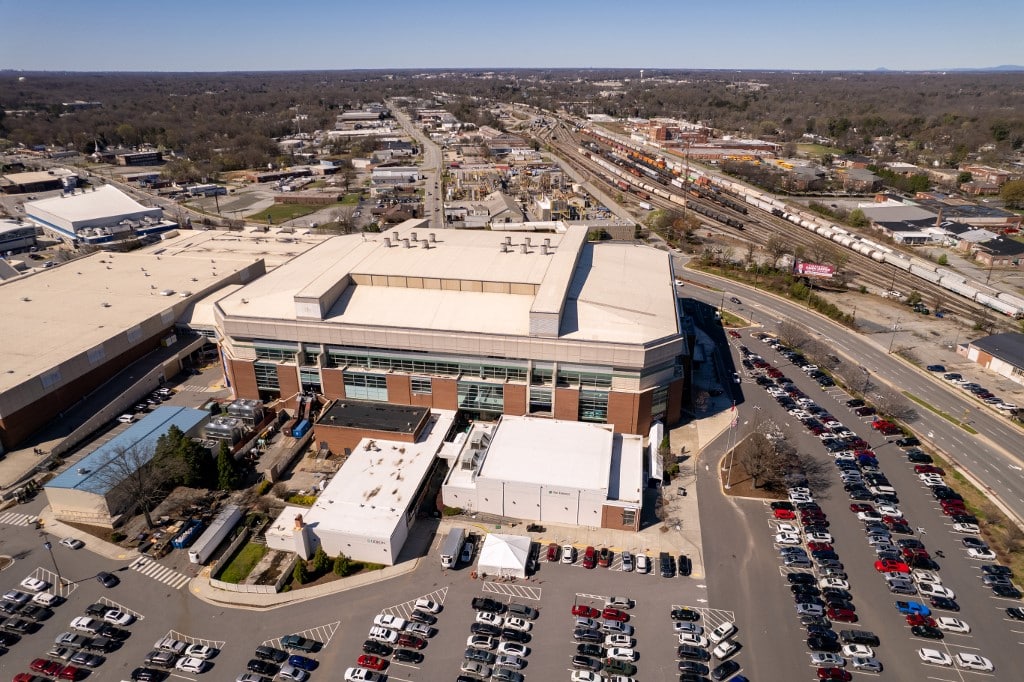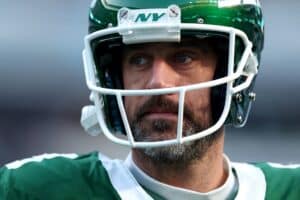
The North Carolina Senate has voted to double the tax rate on sports betting sites’ revenues, but the House has yet to sign off, signaling a potential deadlock in the legislature.
Legislative Dilemma
The North Carolina Senate voted 30-15 to approve a proposed two-year, $65 billion budget last month, which included a tax hike on sportsbooks’ revenue from 18% to 36%. However, the House has not followed the upper chamber’s lead regarding the increase and has made no mention of it in its own proposal.
Although the tax rate was untouched by the House, it did stipulate how and where the money collected from the sports betting tax would be distributed in the state’s educational system. The House budget adds both UNC and NC State to the list of state schools that would receive money from the tax collected from sports betting operators.
The revenue gained from sports betting will be divided as follows:
- $1 million to schools competing in Division I that do not participate in football
- $300,000 to each university that participates in Division II
- $3 million to the North Carolina Youth Outdoor Engagement Commission
- $10 million to the North Carolina Major Events, Games and Attractions Fund
Additional revenue will send 20% to the universities and 50% to schools participating in Division I football, with the rest going to the state’s general fund.
“It’s been tremendous. You know, we were really at a precipice, a major crossroads with small college athletics and the UNC system,” said Dick Christy, UNC Pembroke’s athletic director. “The long-time standing funding model just wasn’t fitting the new student makeup of our universities.”
The budget will now go to a committee to work out the details and determine if there will be an increase in the tax rate for sportsbook platforms operating in the Tar Heel State.
Tax Critics & Sportsbooks Say No
Naturally, sportsbooks don’t want to pay increased taxes, saying that the extra burden will ultimately result in fewer bonuses and promotions for customers while deleteriously impacting the odds and point spreads offered on the games themselves. This could have a negative effect on maintaining current customers and attracting more in the future.
“While this tax hike is targeted on a politically unsympathetic and convenient target, we’ve seen cautionary tales play out in other states that took a similar confiscatory approach to gaming taxation,” said Grover Norquist, president of Americans for Tax Reform.
The eight sportsbooks licensed in North Carolina accepted more than $6.7 billion in wagers, with another $509 million in promotional bets from March 2024 through March 2025. The sportsbooks generated north of $752 million in gross wagering revenue and paid 18% in taxes, equaling $135 million in taxes over that span.
The Sports Betting Alliance, which represents betting operators BetMGM, DraftKings, FanDuel, and Fanatics Sportsbook, is urging bettors to contact state lawmakers through their site, which is equipped with a pre-written letter format to be signed and sent to the state’s legislators.
“We need sports fans like you to stand up and tell your state lawmakers to protect legal sports betting in North Carolina,” the alliance wrote on its website.







